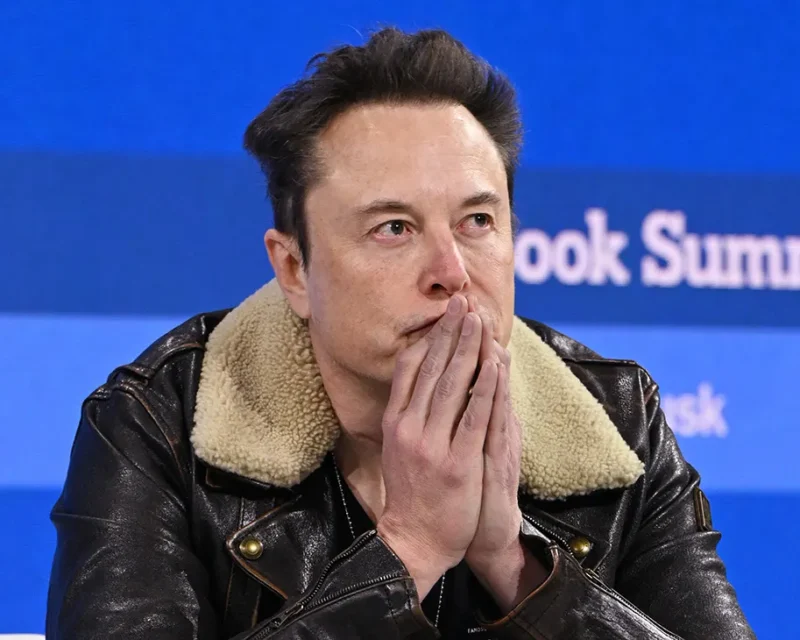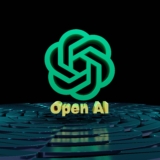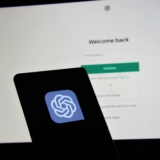Elon Musk’s AI Clash with Apple: A High-Stakes Stand-off
In a dramatic twist worthy of a tech thriller, Elon Musk has launched a scathing attack on Apple’s latest foray into artificial intelligence, threatening to ban Apple devices from his enterprises if the tech giant integrates OpenAI’s ChatGPT into its operating systems. This high-stakes confrontation comes on the heels of Apple’s announcement of new AI features across its apps and platforms, including a notable partnership with OpenAI.
Taking to his preferred battleground, Musk expressed his outrage on X, formerly known as Twitter. He described the integration of ChatGPT as an “unacceptable security violation,” signaling a fierce resistance to the prospect of Apple’s devices running software developed by OpenAI. The Tesla and SpaceX CEO’s reaction underscores his deep-seated concerns about implications for privacy and security—a stance that contrasts sharply with Apple’s bullish embrace of technologies.
Musk’s threat to ban Apple devices from his businesses is no idle warning. Should he follow through, employees and visitors would be required to check their Apple devices “at the door, where they will be stored in a Faraday cage,” a metaphorically charged image that evokes notions of high-tech isolation and containment. This drastic measure highlights the intensity of Musk’s opposition and his willingness to go to extraordinary lengths to protect what he perceives as vital security interests.
This unfolding drama puts Apple in a precarious position. Known for its stringent privacy policies and secure ecosystem, Apple’s venture into AI with OpenAI’s ChatGPT was intended to showcase its commitment to innovation and user-centric technology. The partnership promised to enhance user experience with sophisticated AI-driven functionalities across Apple’s suite of products. However, Musk’s vehement objection casts a shadow over this initiative, raising questions about the broader implications of integration in consumer technology.
Musk’s criticisms are not without context. As an early and vocal critic of unregulated development, he has repeatedly warned about the potential dangers of advanced AI systems. His own involvement with OpenAI, an organization he co-founded to promote safe and ethical development, adds a layer of irony and complexity to his current stance against its technology’s integration into Apple’s ecosystem.
This confrontation between two of the tech industry’s most influential figures—Elon Musk and Tim Cook—illuminates the broader debate over its role in our lives. As AI technologies become increasingly pervasive, balancing innovation with privacy and security remains a contentious and critical challenge.
In conclusion, Musk’s vehement opposition to Apple’s AI integration efforts sets the stage for a high-stakes battle that could reshape the landscape of consumer technology. As the industry watches closely, the resolution of this conflict will likely have far-reaching implications for the future of AI, user privacy, and the ever-evolving relationship between technology and society.






